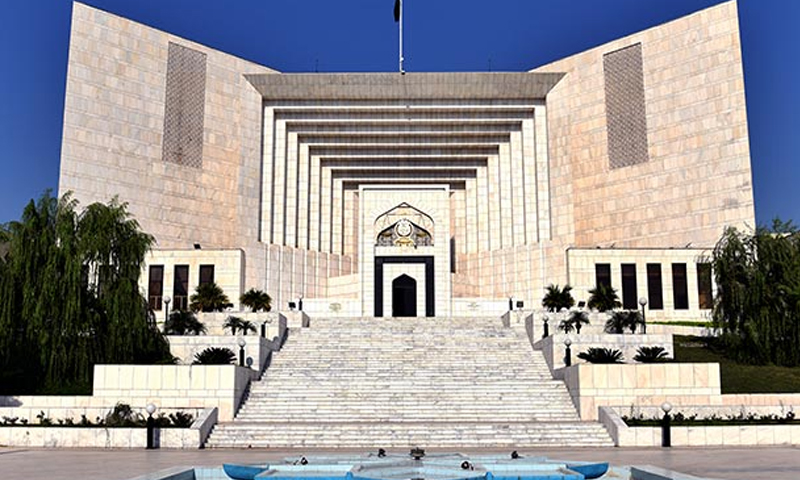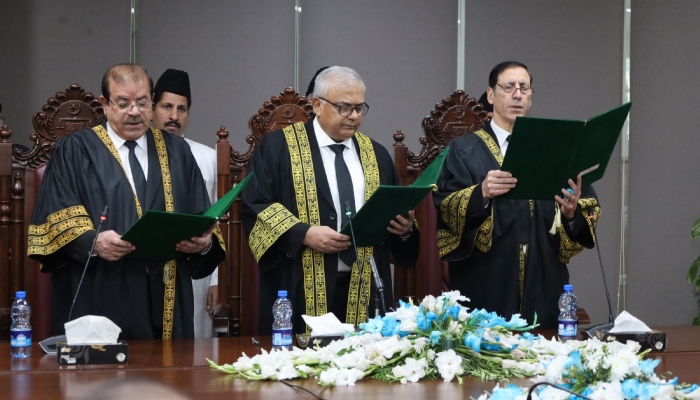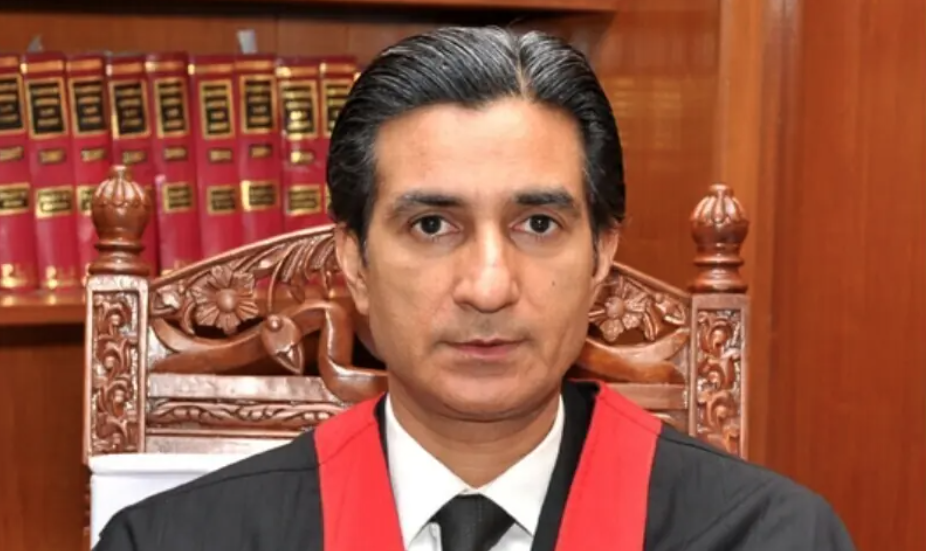LEGAL

The Supreme Court of Pakistan has removed Additional Registrar Nazar Abbas from his position, designating him as an Officer on Special Duty (OSD), citing a serious scheduling error that disrupted judicial proceedings.
Reason for Removal
The Supreme Court's announcement highlighted that Abbas made a significant mistake by scheduling a case meant for the Constitutional Bench before a regular bench. This error, it noted, led to the unnecessary wastage of time and resources for both the Supreme Court and the involved parties.
Justice Mansoor Ali Shah and Justice Aqeel Ahmed Abbasi presided over the contempt of court proceedings against Nazar Abbas. During the hearing, the Supreme Court's Registrar appeared in place of Abbas, who was reportedly on sick leave.
Admission and Assurance
The Registrar admitted the mistake during the proceedings, acknowledging the error in assigning the Additional Registrar to manage cases. However, the Registrar assured the bench that there was no malicious intent behind delisting the cases and that the action was based on directives from the Regular Benches Committee.
Despite this assurance, the Supreme Court deemed the lapse significant enough to order Abbas’s immediate removal from his position as Additional Registrar Judicial.
Implications and Orders
The Supreme Court has directed the Registrar to further investigate the incident and ensure no such errors occur in the future. It emphasized the importance of accuracy and diligence in case scheduling, given the heavy caseload and limited judicial resources.
This development comes as the judiciary faces increasing scrutiny to maintain procedural efficiency and uphold its institutional integrity. Abbas’s removal signals the Supreme Court's commitment to accountability within its administrative framework.
Context of the Case
The scheduling error pertained to cases originally assigned to the Constitutional Bench but inadvertently placed before a regular bench, causing disruptions in proceedings. Such errors can undermine public confidence in judicial processes and waste critical resources.
The decision to remove Abbas reflects the judiciary’s intent to ensure smooth and error-free operations while setting an example of accountability for its staff.




